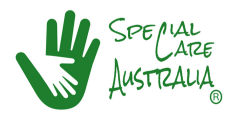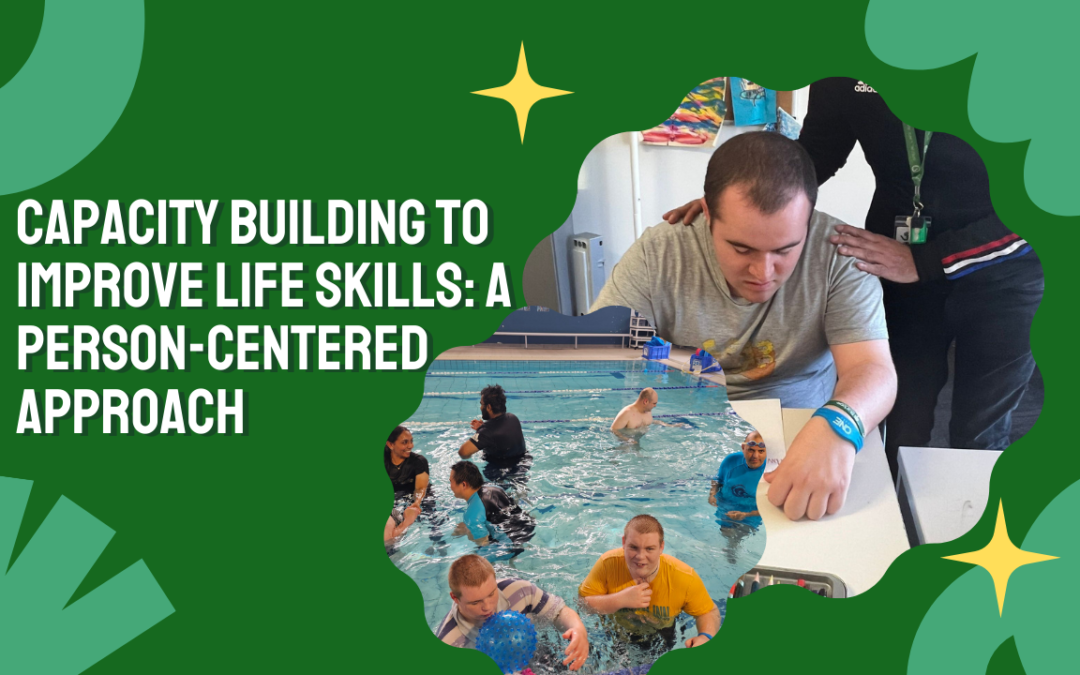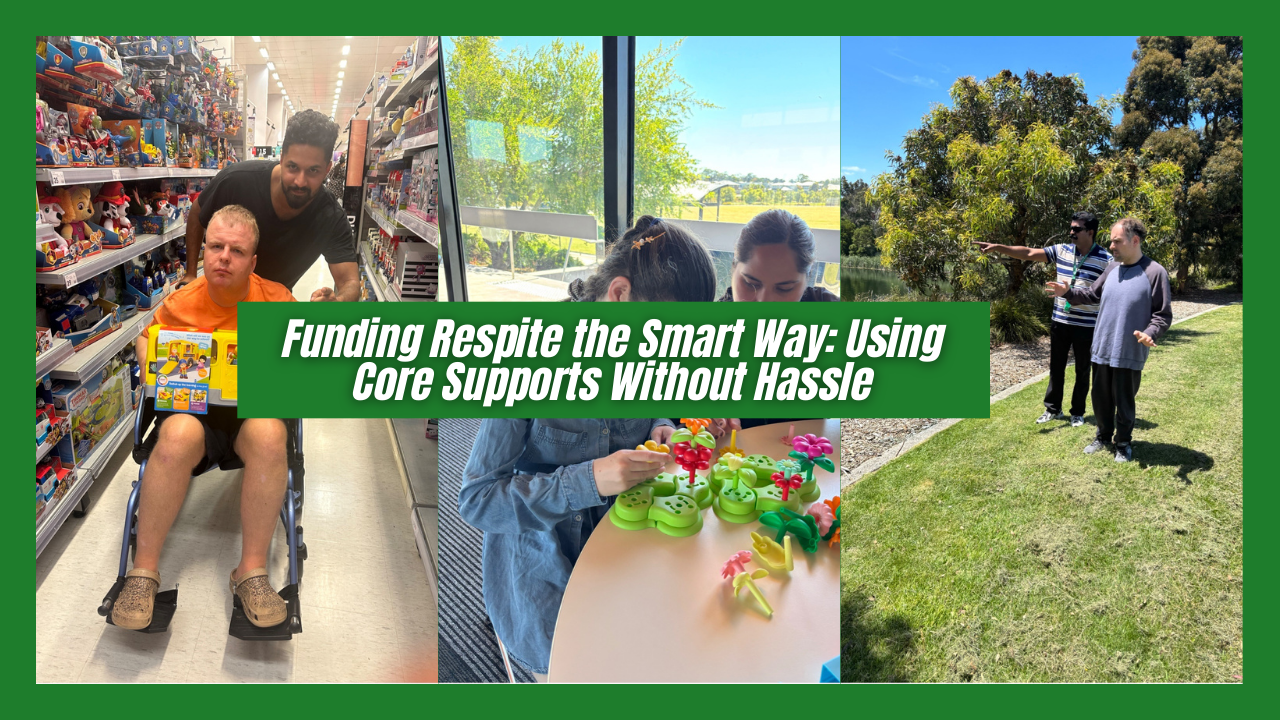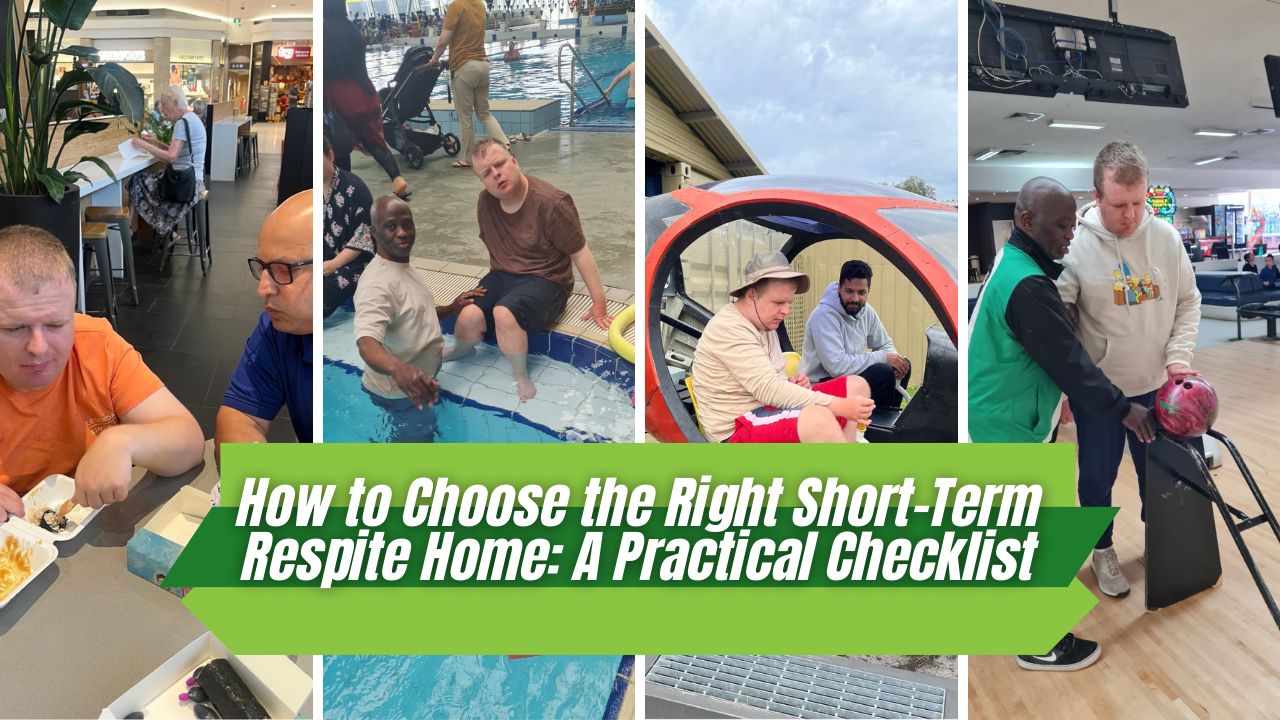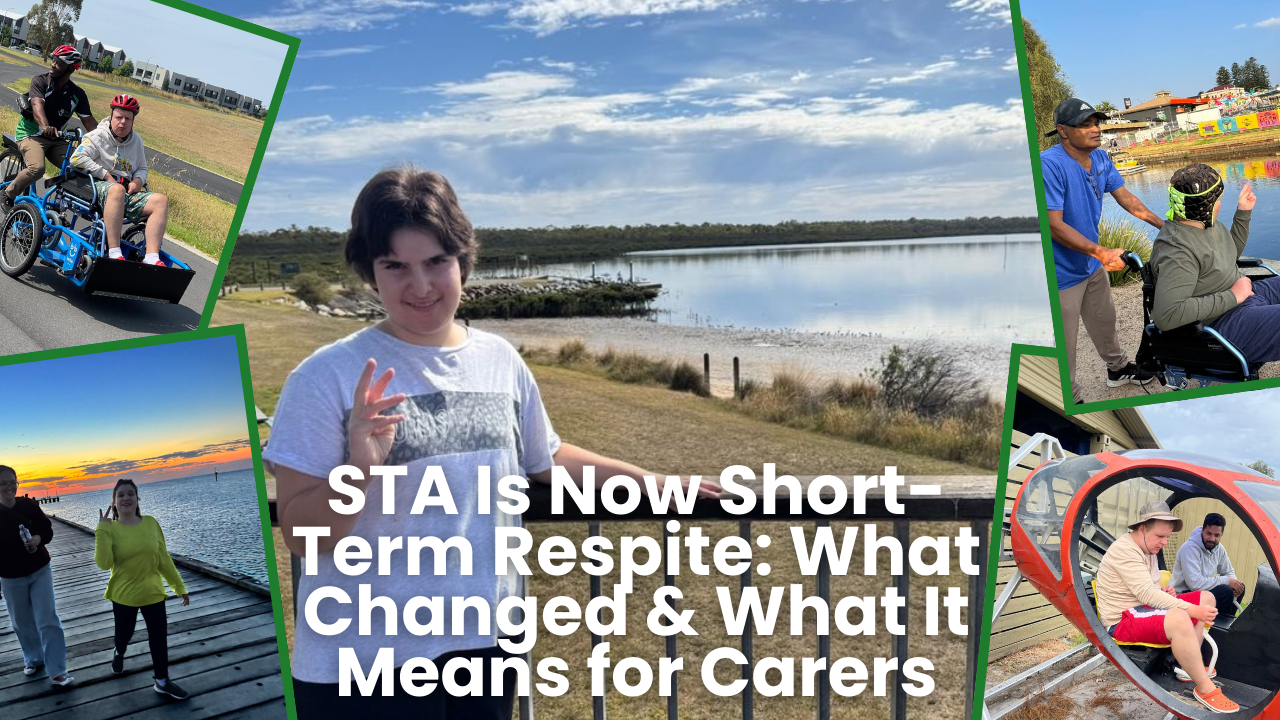Many a time, navigating the National Disability Insurance Scheme (NDIS) can be overwhelming, particularly when it is about understanding the diverse kinds of supports available to NDIS participants. The supports in your plan can be broadly classified as core supports, capital supports and capacity building supports. Capacity building supports aim at empowering the participants to meet their specific goals and increase their level of independence.
What Is Capacity Building?
Capacity building is basically the process of acquiring knowledge, resources and skills to improve a person’s ability to achieve their unique goals. It is a continuous process, involving personal growth and learning.
Typically, capacity building programs assist people with disabilities in acquiring some specific abilities and skills so as to enhance their quality of life, improve their independence, and achieve their personalized NDIS goals.
The capacity building programs are funded by the Capacity Building budget under the NDIS. It includes various supports aimed at developing the knowledge, skills, independence and function of individuals with disabilities through personalised disability support plans. Capacity building support examples that might be funded by NDIS are:
- Daily Activity: This assists the participants with examination, therapy or training for increasing their community involvement and independence.
- Home Living: In enables people to live their life more independently; for example, by giving support to find and arrange an appropriate accommodation.
- Community and Social Participation: It helps the NDIS participants to positively engage in the local community and partake in meaningful activities.
- Health and Wellbeing: This support aids people with disabilities in improving their mental and physical health; for e.g., Speech Therapy, Occupational Therapy, exercise programs, and individualised supports.
Capacity Building Budget-Funded Group & Individual Programs
There are range of group or individual programs, run by various NDIS-registered disability services and support organisations, that might be funded under the Capacity Building Support Budget:
- Connections & Relationships: A therapist-led group program, it creates an environment for the NDIS participants to learn and share experiences, create connections, and nurture relationships. It helps develop resilience and skills to enjoy healthy and lasting relationships with friends and partners.
- Food Preparation: A dietitian-led group program, it is created for those who want greater independence in planning and preparing wholesome meals, and shopping for groceries.
- Art Therapy: It leverages various types of art like drawing, painting and sculpting to offer the participants a way to express themselves.
- School Holiday Program: A well-designed School Holiday Program for students with disabilities fosters interaction and connection with peers outside their school environment. It helps them learn appropriate social skills for various settings beyond school and home, strengthening their ability to form and maintain meaningful connections.
- Social Skills: This structured program is led by paraprofessionals, who are committed to helping NDIS participants in acquiring the skills and abilities to manage social circumstances efficiently on their own. It assists them in understanding ideal social behaviours, diversity, conflict resolution, inclusion, etc.
- Sport-Based Program: It helps the participants to learn strategies that help them boost mental wellbeing, physical health and resilience.
- Employment: It helps NDIS participants in enhancing their job-searching skills and developing the confidence to apply for jobs and face interviews.
The Role of Support Coordination
Support coordination aids you in making the most of the various supports in your NDIS plan. Support coordination is primarily a “capacity building” support that aids you in:
- Understanding and utilising you NDIS plan to achieve your specific goals
- Connecting with community, NDIS providers, mainstream services and other government-run programs
- Developing your skills and confidence to utilise and manage your personalised disability supports optimally.
How Can Special Care Australia Help?
The Support Coordination Team at Special Care Australia understands the significance of personalised approach to support coordination for the NDIS participant’s specific needs. Our dedicated NDIS support coordination service team navigates you through the complexities of the NDIS support system, ensuring that your loved one receives the best care and services possible, all tailored to their unique needs and goals. Our support coordination strategies can help the participant’s parents and caregivers in the following ways:
- Offering support during the review meetings of your NDIS Plan
- Helping you understand the NDIS process
- Guiding you through your plan for choosing the services that meet your requirements
- Introducing you to relevant community resources, NDIS support service providers and local activities
- Completing services referrals and helping you with initial bookings
- Making sure you have proper agreements with service providers for successful service delivery
- Resolving issues related to the approved services
- Providing unbiased suggestions to help you make informed choice while having control over the providers
- Helping you to keep track of your NDIS funding
